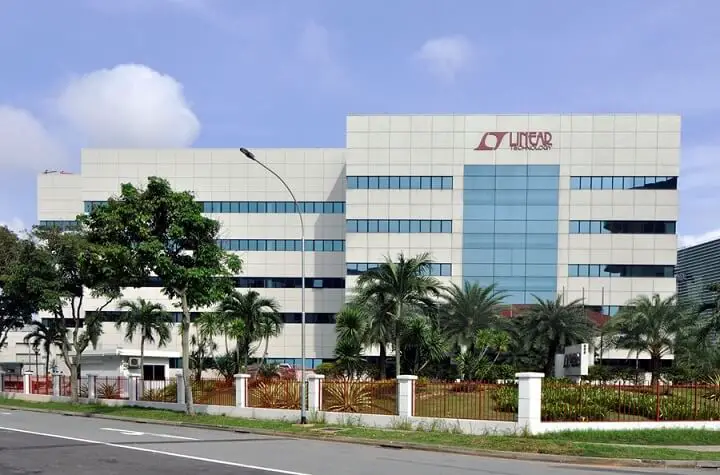Settlement Website: LinearTechnologyERISASettlement.com
Rollover Form Of Former Participants: https://lineartecherisa.claims-administrator.com/
Deadline For Submitting Rollover Form: 06/15/2022
Final Hearing Date: 07/15/2022
Settlement Amount: $1.5 million
Proof Of Purchase: No proof of purchase is applicable.
Potential Claim Amount: As per the settlement terms, class members will be eligible for a payment from the fund on deducting expenses like attorney’s fees and incentive awards. The payments received by class members will be proportionate to the recordkeeping fees paid by each class member between 6th May 2013 to 18th January 2019 more than $50 per year. The settlement administrator will make all the calculations regarding the individual distributions. On the date of payment distribution, current plan participants will have their pay directly deposited into the ‘The Investment Partnership Plan’ (TIP Plan) account. If former participants wish to roll their payment into another retirement account, they must submit a rollover form. The former participants who do not timely submit a rollover form will have the cheque mailed at their last address to them or a qualified retirement account held in their name. Funds remaining from uncashed cheques will be paid to the TIP plan for offsetting the expenses and plan administrative fees.
A class-action lawsuit has been filed against Analog Devices, which acquired Linear Technology Corp., Linear Technology Administrative Committee, and Linear Technology LLC a few years ago. This $1.5 million settlement is expected to benefit those who were participants in the Linear Technology 401(k) plan between 6th May 2013 and 18th Jan 2019. Analog Devices completely acquired Linear Technology Corp. in 2017. The company manufactures mixed-signal, analog-signal, and digital signal processing integrated circuits which are used in various electronic items. However, the class-action lawsuit has blamed the company for allegedly mismanaging its 401(k) plan.
The defendants both failed to manage the plan investments with prudence and also failed to control the cost of the plan in the best interest of its beneficiaries and participants resulting in the levy of higher than necessary recordkeeping fees. As a result, this led to the breaching of fiduciary duties under the Employee Retirement Income Security Act (ERISA).

